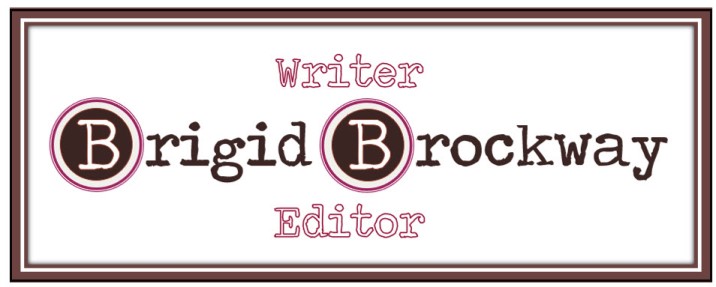Back in olden times, "new money" was a really bad thing to be. Going back as far as the sixth century, working hard for one's money was shameful. For many centuries, the upper crust didn't consider it enough you had money - you had to have been born with it. If you weren't born to privilege, you didn't deserve to hang out with the upper crust.
Enter Horatio Alger and the American Dream. By the way, can you name a single book that dude wrote? I totally can't. We all know who he is and what he's known for, and I don't know that anybody's laid eyes on one of his books in half a century. Or maybe I just don't spend a lot of time in the library. But I digress as usual.
Anyhoodle, Horatio Alger completely flipped the script on privilege. Now being high-born is dirty and wealth only impresses people if you walked barefoot up a hill a hundred times a day to earn it.
Which, I think, is why we react so viscerally to being accused of having privilege.
Which is freaking ridiculous. Since I started writing this post, hundreds of kids in the developing world have died of starvation or malnutrition. Meanwhile, I live spitting distance from about a dozen all-you-can-eat restaurants. Did I work harder than those kids starving to death? Did I earn the right to not die of starvation? No; that's absurd. I'm privileged.
Just lately, a whole bunch of white folks have got their panties in a wad over the term white privilege.
We're not privileged, we insist, even in the face of overwhelming evidence to the contrary. For instance, let's talk money. I worked really hard to get where I am today, money-wise. I overcame a lot. But does my hard work alone account for the huge gap between my annual household income and the average black family's household income? Can I honestly look at this chasm and not admit that it's possible that the deck was stacked just a little bit in my favor?
And dude, school was an uphill battle for me. I damn well earned my college degree. But is it really possible to look at the quality of education in predominantly black schools compared with predominantly white schools and say that this definitely did not play a role in my getting into and making it through college?
So can I really say that my skin color has absolutely nothing to do with my success in life? I don't like being called privileged. It makes me rankle every time. My life has not been sunshine and roses and I've worked my ass off to get where I am. But can I honestly look at the statistics and claim that I haven't been privileged?
I think we need to stop telling people "check your privilege," because it is really just saying "Hey, get really defensive so that we can make this about you."
I do think we need to start just telling ourselves to check our privilege. For instance, before we dismiss, out of hand, accounts of white cops needlessly killing black people, we might want to tell ourselves to check our privilege. Does our belief in the inherent benevolence of police officers stem from the fact that most of our own interactions with cops have been professional and above-board? Or is it possible that cops interact differently with different people (sort of like how my grandmother was a lovely, kind woman, as long as you didn't get her on the subject of the English).
 |
|
Likewise, I overcame a lot of personal obstacles to get through school, but I also had a whole lot of teachers pushing, prodding, encouraging, going the extra mile to help me. Not to mention the fact that I was able to pay my college tuition thanks in part to things like the fact that my mom went to the same college I did - I've looked at her yearbook. It didn't exactly look like the rainbow coalition. What if I got my degree in part because I worked really hard and in part because I had advantages a lot of folks don't have.
What I'm saying is what if it's just possible that our experience isn't the only experience? What if our beliefs are drawn from a lifetime spent in the primary company of other people who look like us? What if we just acknowledged that our outcomes are the result of our actions and our privileges? What if the fact that we worked hard to get where we are doesn't mean that everything is equal and fair?
What I'm saying is that we'd all be a lot happier not having to believe that America is a nation still far too often divided along color lines. But wishing doesn't make it so. Just as denying our privilege doesn't make change the fact that we have it.














.jpg)




